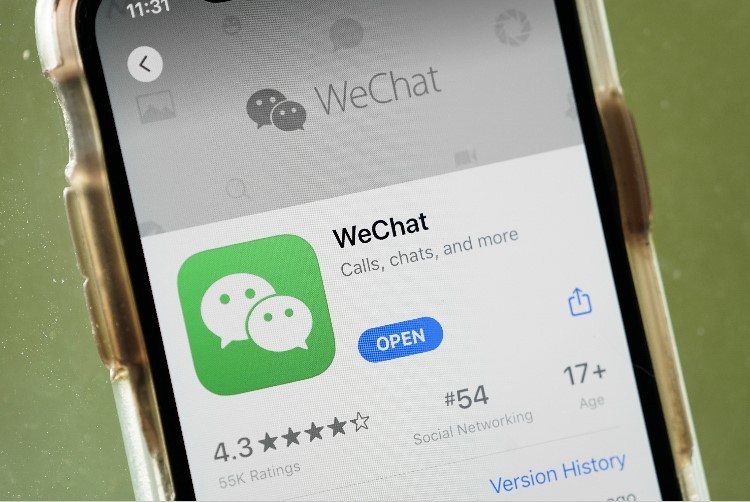
Tencent Holdings, the Chinese video gaming and social media company, revealed its plans for ChatGPT-style products that may involve a chatbot built into its flagship app WeChat. This is especially significant since the global market is in the artificial intelligence (AI) arms race right now.
Take on AI
Shenzhen-based Tencent president Martin Lau Chi-ping told reporters and analysts on Wednesday, Mar. 22, after the company released its financial results for the fourth quarter, that he saw generative AI technology as a "growth multiplier." He agrees it would improve the firm's video gaming and social media operations rather than threaten these businesses.
According to South China Morning Post (SCMP), Tencent wants to release a number of apps based on generative AI, one of which will be a chatbot. "We want to make sure that the foundation model [being developed by the company] is actually built correctly and on solid footing," Lau stated.
Lau also acknowledges that generative AI technology may help developers write tiny programs more quickly.
Lau asserts that the company is unlikely to be hijacked by generative AI technology, but it can make effective use of the innovation to further enhance the customer experience.
He said that although it could be challenging to make a new video game entirely out of AI-generated material, technological advancements might assist in boosting productivity and hence facilitate more creative video game development.
Algorithms that can generate new material such as text, music, photos, video, and simulations are known as generative AI.
Financial Analysis
After bouncing back from two consecutive quarters of sales drop, Tencent reported a modest 1% gain in revenue of 145 billion yuan ($20.8 billion) for the three months ending December 2022. The corporation had its first annual revenue decline in 2022, with total sales of 554.6 billion yuan ($80.6 billion), a reduction of 1% from the previous year.
SCMP said that after trading hours on Thursday, Mar. 23, Tencent's share price in Hong Kong rose 8.18% to HKD375.60 ($48).
The AI Bandwagon
Major Chinese internet companies and their foreign counterparts are racing to adopt generative AI in an effort to increase user retention on their current platforms.
In response to the success of US company OpenAI's ChatGPT, Baidu launched the beta version of its Ernie Bot chatbot to a limited number of customers earlier this month. The Chinese internet search company still aims to implement Ernie Bot throughout its current operations, despite recent negative feedback.
Google released Bard, a rival to ChatGPT, this week in the US and the UK. Bing's chatbot is powered by OpenAI, a company that Microsoft has invested heavily in.
Last week, Microsoft introduced a new AI assistant called Copilot for Microsoft 365, the company's suite of products that includes the Word word processor, Excel spreadsheet, PowerPoint presentation tool, and Outlook email client.
Meanwhile, Tencent began work on the basic framework for generative AI systems last year.

ⓒ 2025 TECHTIMES.com All rights reserved. Do not reproduce without permission.




